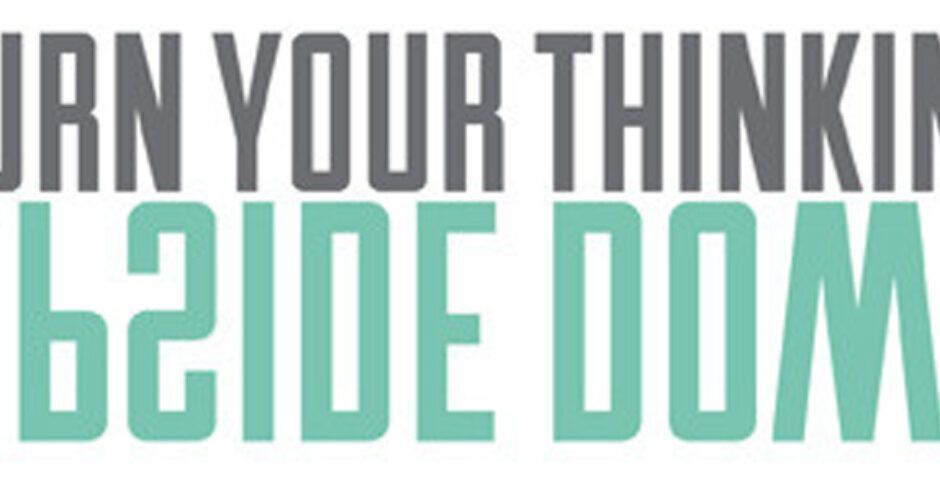The most important skill of an expert in managing change, is knowing how to identify what needs to change, for industries and organisations.
Popular thinking about organisational change management really needs to be flipped upside down.
FROM … it’s supporting the implementation of an already defined solution to a problem or opportunity …
TO …. it’s knowing what needs to change.
Knowing what needs to change involves seeing the world of an organisation through a number of different frames or lens.
There’s many great publications based on research out there, such as the core textbook for my masters subject in organisational change, Reframing Organizations: Artistry, Choice, and Leadership by Lee G. Bolman, Terrence E. Deal.
But my all time favourite is the publication based on the research of Professor Aaron Smith and Dr. Fiona Graetz, Philosophies of Organizational Change, identifying nine ways that “govern a change agent’s way of looking at the organizational world and the best approach to introduce change.”
Click here for an example of the above approach in action.
Sadly, how to frame the situation of an industry or organisation, to understand what needs to change, doesn’t look like most organisation change management models or approaches.
Why is that really sad?
If experts in change management aren’t expected to play a pivotal role in deciding ‘what’ needs to change, how can they also provide expertise in ‘how’ the industry or organisation can best achieve change? Being part of identifying what needs to change, provides needed insights into why it matters and how best to make the change.
Our friends at the Project Management Institute have a really nice, simple diagram defining change management.
This diagram can be challenging for some portfolio, program and project managers who view change managers only as an implementation team member. When in reality experts in change management should be working for and closely with, those folk in the organisation who are accountable for strategy.
There’s a lot of chatter out there, about change management being ‘broken‘ and people being ‘change rebels‘.
The answer is really simple though, and it’s getting back to basics.
If you believe something needs to change in your life, don’t you expect the expert you engage to have the knowledge and experience to help you identify what you need to change? And then help you do it?


